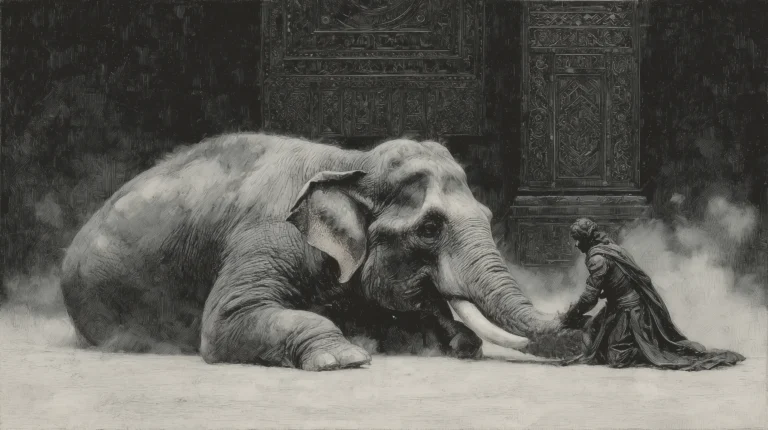Deciphering Our Differences: Psychological Types in Carl Jung’s Theory
If you’ve ever wondered why people approach life in vastly different ways, Carl Jung’s theory of psychological types offers a compelling framework. In this theory, Jung proposed that fundamental personality differences are linked to people’s inherent preferences in using their minds. By understanding these preferences, we can better understand ourselves and others. This article will guide beginners through the fascinating maze of Jungian psychological types.
The Core of Psychological Types
Jung identified two primary mental functions—perception and judgment.
Perception encompasses how we become aware of things and involves two opposite types: sensing and intuition.
Judgment is about how we decide about things and consists of thinking and feeling.
Each person favors one function over the other within each pair, resulting in different psychological types.
Perceiving Functions: Sensing and Intuition
Sensing types focus on the present, trusting concrete, factual information acquired through the senses. They value realism and practicality and are typically observant and detail-oriented.
Intuitive types, on the other hand, are more future-focused, interested in possibilities and interpreting meanings. They trust their ‘sixth sense’ or gut feeling and are usually imaginative and comfortable with abstract thinking.
Judging Functions: Thinking and Feeling
Thinking types use logical, objective analysis when making decisions. They prioritize truth over harmony and value fairness, consistency, and clarity.
Feeling types make decisions based on personal values and how choices affect others. They prioritize harmony over objectivity and tend to be empathetic, compassionate, and attuned to others’ feelings.
Attitudes: Extraversion and Introversion
Jung further divided these psychological types according to two attitudes: extraversion and introversion.
Extraverts are oriented towards the outer world. They gain energy from interacting with people and are usually action-oriented and sociable.
Introverts, in contrast, are oriented towards their inner world. They gain energy from being alone and are typically more reflective and reserved.
The Eight Psychological Types
By combining these preferences, we get eight psychological types:
- Extraverted Thinking
- Introverted Thinking
- Extraverted Feeling
- Introverted Feeling
- Extraverted Sensing
- Introverted Sensing
- Extraverted Intuition
- Introverted Intuition
Each type represents a different way of using the mind, and no type is superior or inferior. They are just different ways people naturally interact with the world, process information, and make decisions.
Psychological Types and Personal Growth
Understanding your psychological type can foster self-understanding and personal growth. It helps you recognize your natural strengths and potential blind spots. Also, recognizing different psychological types in others promotes empathy and understanding in relationships.
Conclusion
Jung’s psychological types provide a rich and nuanced framework for understanding human personality differences. By exploring these types, we can better understand and appreciate our unique mental processes and those of others around us. In doing so, we can foster healthier relationships, improve communication, and facilitate personal growth. After all, as Jung noted, “The shoe that fits one person pinches another; there is no recipe for living that suits all cases.”







